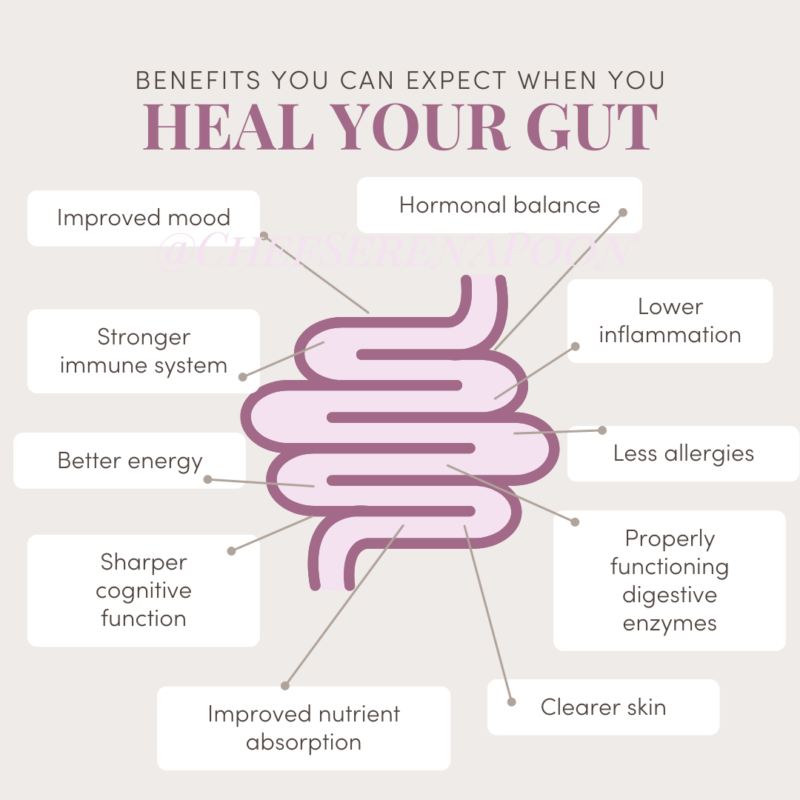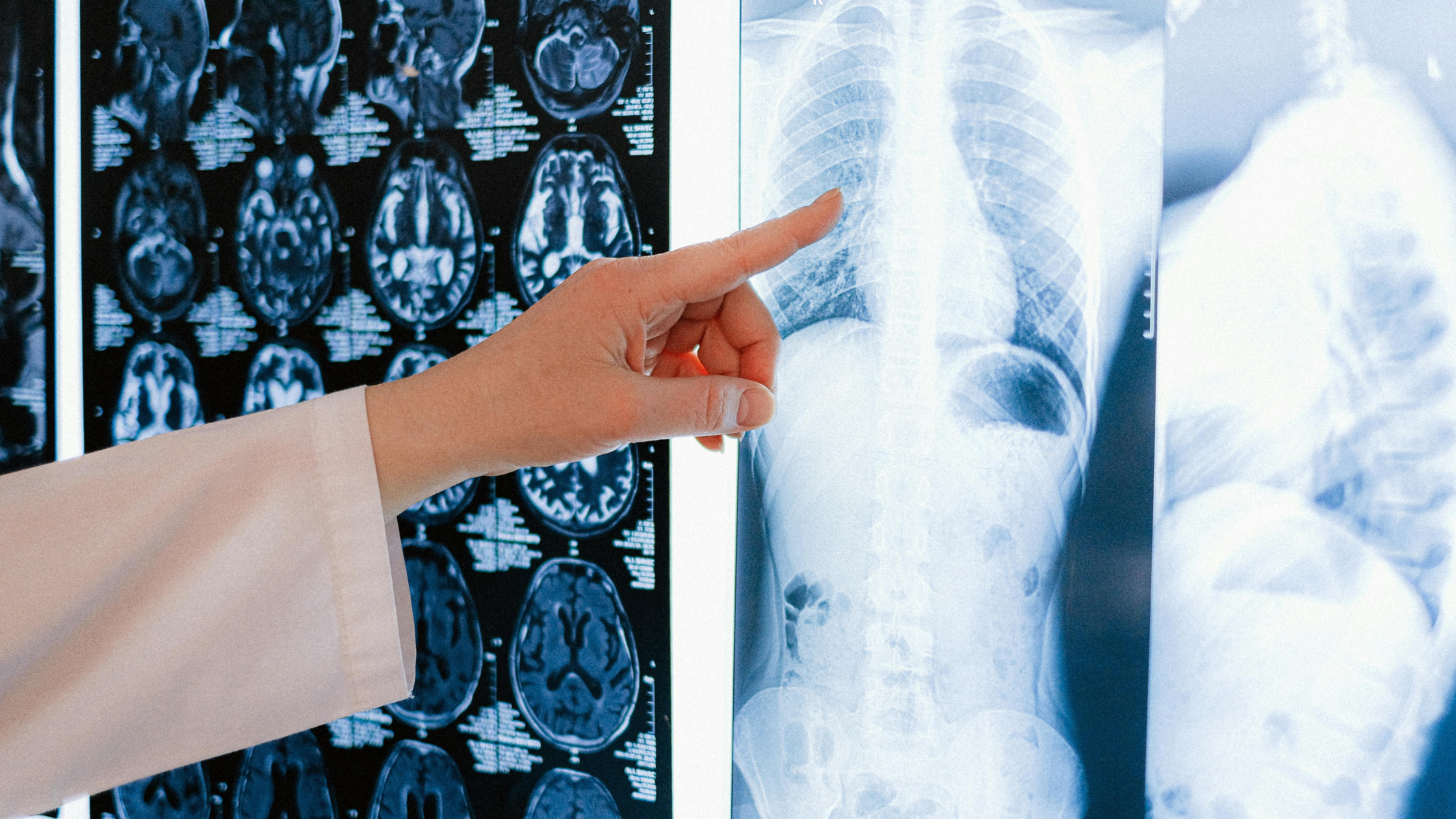The intricate connection between gut health and brain health is gaining increased attention in the wellness community. The gut-brain axis, or the link between your microbes and your mind, literally transforms how you feel inside and out. Understanding this connection can empower you to make dietary and lifestyle changes that promote long-term brain health. Whether you want to focus on cognitive longevity or mental health and well-being, the efforts you make towards a healthier gut will be worth it.
It can take quite a bit of time to cultivate the gut microbiome in specific ways, especially because your microbiome is sensitive to numerous factors from your environment, from diet to stress levels. Where do you start? Knowing the current diversity of your gut health is crucial, and there are many ways to work towards understanding it!
UNDERSTANDING THE GUT-BRAIN CONNECTION
Why is gut health important? Your gut and brain are in constant communication through a connection known as the gut-brain axis, where each can influence the other’s state. An imbalanced gut microbiome, often caused by poor diet, stress, or antibiotics, can lead to inflammation and negatively impact mood and cognitive function, explaining why digestive issues often coincide with anxiety or depression.
This gut-brain interaction occurs through complex pathways involving the nervous, endocrine, and immune systems. For example, the vagus nerve links the gut and brain, transmitting sensory information that affects behaviors and physiological responses. Gut bacteria also influence hormone production, such as serotonin – the “feel good” hormone. The hypothalamic-pituitary-adrenal (HPA) axis, a central stress response system, also mediates interactions between the gut microbiota and brain. Dysregulation in these hormonal pathways can impact mental health. Additionally, the gut-associated lymphoid tissue (GALT) is rich in immune cells that interact with gut microbiota. These interactions lead to the cytokine production and other immune mediators that influence brain function. Chronic inflammation resulting from an imbalanced gut microbiota has been linked to neuroinflammatory conditions, highlighting the immune system’s integral role in maintaining gut-brain communication.
HOW GUT HEALTH IMPACTS MOOD
 There are plenty of studies that link dysbiosis of the gut to anxiety and depression. Thanks to today’s scientific efforts, we know what the bacterial populations inside many people with mood disorders look like. A study published in Nature found that people with depression exhibited specific microbial imbalances, demonstrating a clear link between gut health and mental well-being.
There are plenty of studies that link dysbiosis of the gut to anxiety and depression. Thanks to today’s scientific efforts, we know what the bacterial populations inside many people with mood disorders look like. A study published in Nature found that people with depression exhibited specific microbial imbalances, demonstrating a clear link between gut health and mental well-being.
Inflammation in the gut can trigger inflammatory responses in the brain, leading to a state called neuroinflammation. Diets high in ultra-processed foods (UPF) contribute to low-grade inflammation, negatively impacting gut health. A meta-analysis evaluated over 1,500 individuals with mental health conditions, revealing consistent microbiota imbalances, particularly a depletion of pyruvate-producing bacteria. This microbial shift impairs essential amino acid absorption.
Chronic stress and emotional turmoil can also disrupt gut function, leading to issues like irritable bowel syndrome (IBS) or leaky gut. This happens because chronic stress affects gut permeability, and typically leads to leaky gut syndrome. Understanding this connection allows you to take control of both your gut health and mental well-being. The good news is you can optimize your gut health and mental well-being via nutrition and lifestyle changes!

NUTRITION TIPS FOR GUT HEALTH
Throughout life, the gut microbiota composition evolves and impacts cognitive function and immunity. Healthy dietary patterns rich in fruits, vegetables, legumes, nuts, and whole grains support cognitive and physical resilience against aging anddisease.
Here are a few key nutrients to focus on to improve gut health:
1. Probiotics and Prebiotics
Consuming probiotics (found in yogurt, kefir, sauerkraut) and prebiotics (found in garlic, onions, bananas) can help maintain a healthy gut microbiome. Probiotics are live beneficial bacteria that support digestion and immune function, while prebiotics are fibers that feed these good bacteria.
2. Fiber-Rich Foods
Fiber acts as a prebiotic, helping to sustain a diverse and balanced gut microbiome. A fiber-rich diet is not just good for your digestive system but also for your mental health as dietary fiber can lower the risk of developing depressive symptoms.
3. Antioxidant-Rich Foods
Foods rich in antioxidants, such as berries, nuts, and dark chocolate, can also support gut health. Antioxidants help combat oxidative stress, which can harm gut bacteria and contribute to inflammation.
4. Omega-3 Fatty Acids
Found in fatty fish like salmon, flaxseeds, and spinach, omega-3 fatty acids have anti-inflammatory properties and support brain health by promoting healthy cell membranes.
5. Short-Chain Fatty Acids (SCFAs)
SCFAs, such as butyrate, are produced by the fermentation of dietary fibers by gut bacteria. They play a crucial role in gut health and have anti-inflammatory effects. Consider my drinkable powder supplement, Love My Gut, for healthy maintenance of intestinal health.
6. B Vitamins
B-complex vitamins, particularly B6, B9 (folate), and B12, are essential for brain health and the production of neurotransmitters. Consider my supplements, B12 Strong or Energize & Metabolize for an abundance of important B vitamins.
LIFESTYLE CHANGES FOR GUT HEALTH
1. Mindful Eating
Paying attention to how and what you eat can reduce stress and improve digestion. Mindful eating involves savoring each bite, eating slowly, and listening to your body’s hunger and fullness cues. This practice can help you make healthier food choices and enjoy your meals more.
2. Hydration
Adequate water intake is crucial for maintaining a healthy digestive system. Water aids in breaking down food, absorbing nutrients, and eliminating waste. Aim to drink an ounce of water for every pound you weigh daily to keep your digestive system running smoothly.
3. Stress Management
Managing stress is essential for both gut and mental health. Chronic stress can disrupt the gut microbiome and weaken the gut-brain axis. Physical activity, meditation, and deep breathing exercises can help reduce stress levels.
4. Sleep
Quality sleep is vital for overall health, including gut health. Poor sleep can disrupt the balance of gut bacteria and thus affect the gut-brain axis. If you are struggling with sleep, consider my supplement, Sweet Dreams.
In Conclusion…
By nurturing your gut health through a balanced diet rich in probiotics, prebiotics, fiber, and antioxidants, alongside mindful lifestyle practices like stress management and adequate hydration, you can enhance your mental well-being. The connection between your gut and brain is a powerful one, and taking steps to support it can lead to significant improvements in your overall health. Remember, your journey to health is holistic, involving both your body and mind.
by






